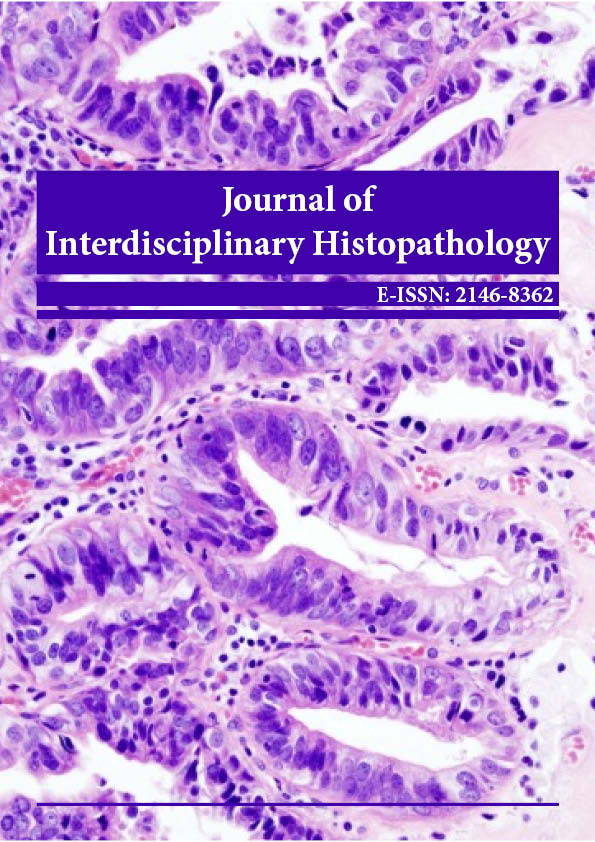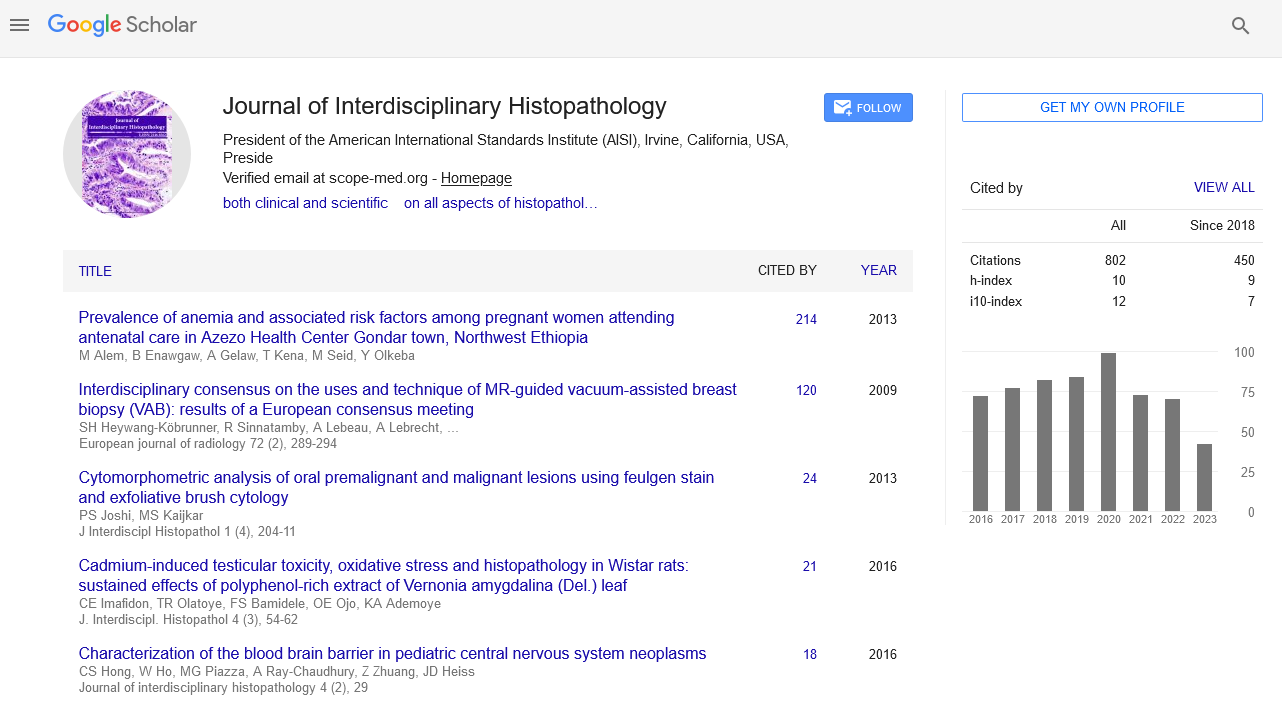Hypomethylation of long interspersed nuclear element-1 is involved in the early tumorigenesis of hepatocellular carcinoma
Abstract
Wenhua Piao, Wei Wang, Henghui Zhang, Xudong Gao, Liyuan Jin, Jianhui Qu, , Zhongxian Xu, Yongping Yang, Zhe Piao
Objective: Hypomethylation of long interspersed nucleotide elements 1 (LINE-1) promoter has been reported in many cancer types including pancreatic endocrine tumors, colon cancers, and stomach carcinomas. Hypomethylation of LINE-1 is also frequently observed in hepatocellular carcinoma (HCC). However, it still unknown how LINE-1 is involved in the hepatocarcinogenesis. Methods: The level of LINE-1 promoter methylation in 28 HCC was detected by a methylation specific polymerase chain reaction (MSP) at CpG site seven of LINE-1 promoter region (gene bank: X58075). A fractional allelic loss (FAL) of these tumors was evaluated by a combination of loss of heterozygosity with microsatellite markers D4S1545, D4S2920, D8S264, D8S1752, D16S498, D16S514, and p53. The associations between the level of LINE-1 hypomethylation status and the clinico-pathological parameters were finally observed. The clinicopathological parameters were included hepatitis B virus (HBV) status, cirrhosis, tumor size, tumor differentiation and FAL. Results: High level of hypomethylation of LINE-1 promoter was found both in the advanced tumors (>3 cm), (7/18, 39%) and in the early tumors ( 0.535). There were 41% (7/17) tumors with a high level of hypomethylation in the low FAL group and 54.5% (6/11) tumors with a high level of hypomethylation in the high FAL group. No associations between the level of hypomethylation of LINE-1 and HBV infection, age, sex, and cirrhosis were found. Conclusions: These results are strongly suggested that the hypomethylation of LINE-1 plays a role in the hepatocarcinogenesis; moreover, the hypomethylation of LINE-1 occurs not only in the progression of HCC, but also in the early stage of HCC tumorigenesis
PDF





